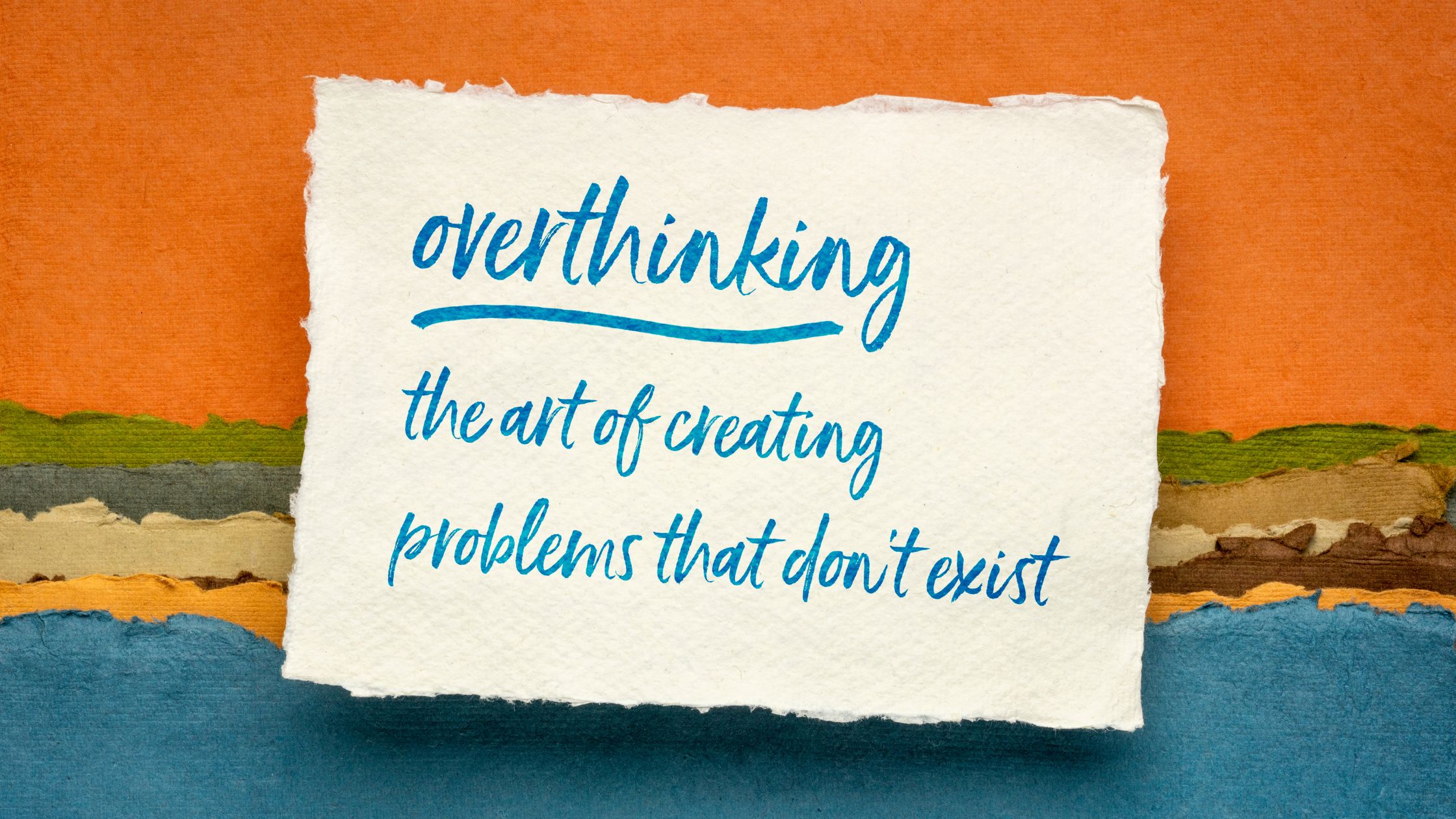Overthinking About You: Finding Clarity and Peace of Mind

Overthinking can be a frustrating and exhausting experience, especially when it revolves around someone we deeply care about. The constant analysis and overanalyzing of every interaction and situation can consume our thoughts, causing stress, anxiety, and a lack of focus. In this article, we will explore effective strategies to overcome the trap of overthinking and find clarity and peace of mind in our relationships.
Understanding Overthinking
Understanding the Root Cause of Overthinking
Overthinking is a common tendency that arises from our desire to gain control and certainty. When we are emotionally invested in someone, our minds naturally gravitate towards analyzing every aspect of our interactions. However, excessive overthinking often leads to distorted perceptions, misinterpretations, and unnecessary worry.
The Downside of Overthinking
The Negative Effects of Overthinking
Overthinking can have detrimental effects on both our mental and emotional well-being. It can lead to heightened anxiety, decreased productivity, and strained relationships. The constant loop of thoughts can prevent us from being fully present in the moment and appreciating the genuine connection we have with the other person.
Breaking Free from Overthinking
Mindfulness and Self-Awareness
Practicing mindfulness for Clarity and Peace of Mind
Practicing mindfulness allows us to observe our thoughts without judgment. By becoming more self-aware, we can identify when we are overthinking and consciously choose to redirect our attention. Engaging in activities like meditation, deep breathing exercises, or journaling can help calm the mind and cultivate a greater sense of presence.
Communication and Clarity
Improving Communication for Overcoming Overthinking
Overthinking often stems from a lack of communication and clarity in a relationship. Instead of making assumptions, it is essential to have open and honest conversations with the person involved. Expressing your thoughts, concerns, and expectations, and encouraging them to do the same can strengthen the bond. Clear communication helps avoid misunderstandings and promotes a healthier connection.
Setting Boundaries
Establishing Boundaries to Overcome Overthinking
Establishing boundaries is crucial in preventing overthinking from taking over our lives. It involves creating a balance between personal space and quality time spent with the other person. By setting clear boundaries, we can create a sense of security and allow ourselves to engage in other aspects of our lives, such as hobbies, friendships, and self-care.
Challenging Negative Thoughts
Replacing Negative Thoughts for Mental Well-being
Overthinking often leads to negative self-talk and irrational beliefs. It is essential to challenge these thoughts and replace them with more positive and realistic ones. Practice self-compassion and remind yourself of your worth and capabilities. Surrounding yourself with supportive people who can help you gain perspective and provide reassurance is also beneficial.
Engaging in Mindful Distractions
Mindful Distractions for a Clearer Mind
When overthinking becomes overwhelming, engaging in mindful distractions can help redirect our focus. Activities such as exercise, creative pursuits, or spending time in nature can provide a much-needed break from the cycle of repetitive thoughts. It allows us to gain a fresh perspective and approach the situation with a clearer mind.
Conclusion
Finding Clarity and Peace of Mind in Relationships
Overthinking about someone we care about is a common experience, but it doesn't have to consume our lives. By practicing mindfulness, improving communication, setting boundaries, challenging negative thoughts, and engaging in mindful distractions, we can break free from the grip of overthinking. Remember, finding clarity and peace of mind starts with acknowledging that we have the power to control our thoughts and choose a healthier mindset.
#Solutions to overthinking #Finding clarity #Tips for peace of mind #Relationship advice #Free yourself from overthinking